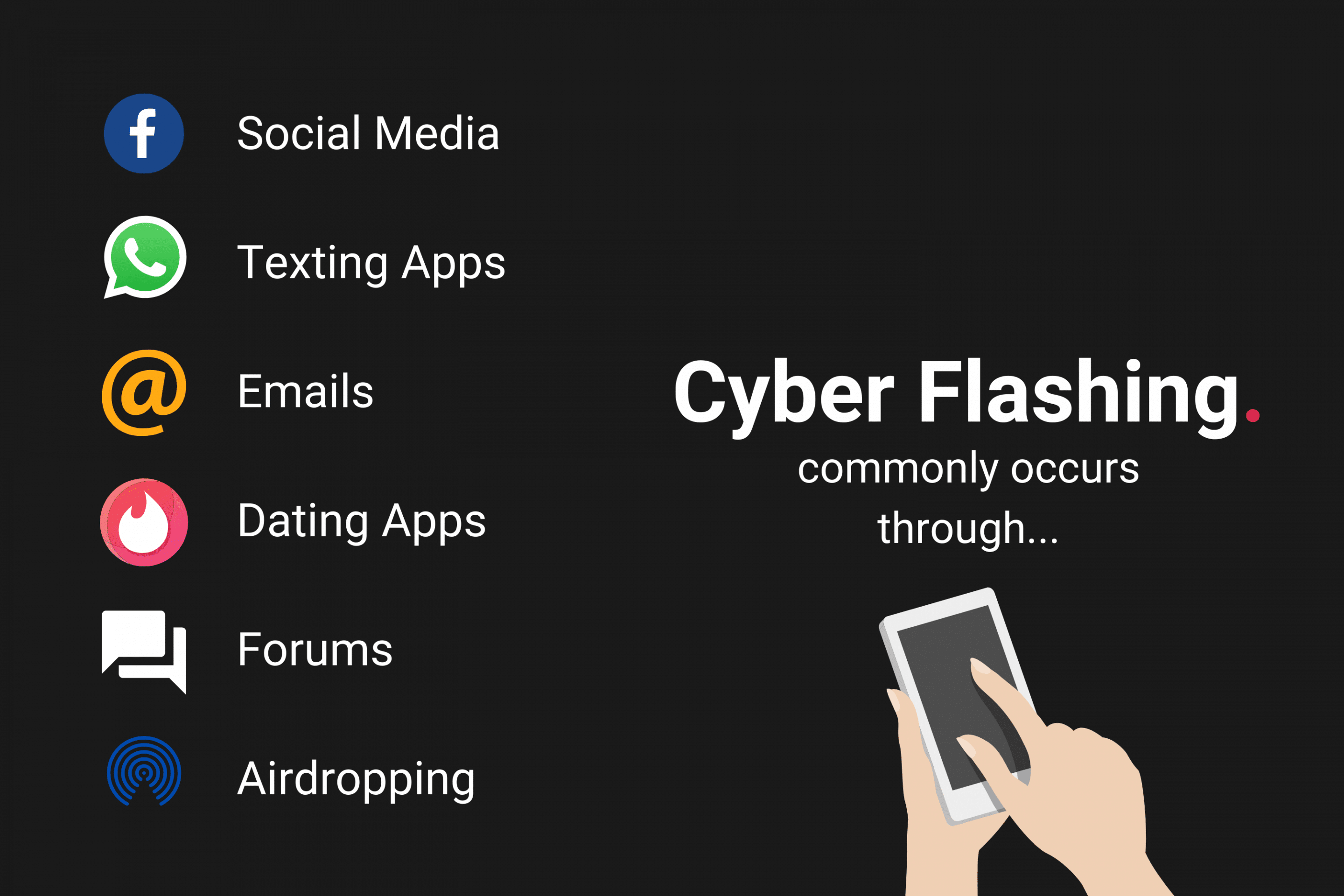Many people may overlook the serious nature of indecent exposure and how common it actually is. For example, in 2019, it was recorded that roughly 6% of people have been victims of indecent exposure related incidents. That’s around 1 in 20 people!
Indecent exposure classifies as a sexual offence and, as such, is met with heavy consequences. If you’re confused about the offence and the consequences, have no fear. In this article, we outline the details of indecent exposure, whilst providing all the key information in sentencing and convictions too.
Indecent exposure meaning.
Indecent exposure is the act of revealing one’s genitals in the view of other people. Under Section 66 of the Sexual Offences Act, a person commits the offence if they:
- Intentionally expose their genitals in front of others.
- Intend to cause alarm and distress through their reveal.
Under the legislation, the offence is legally known as ‘exposure;’ moreover, the informal name for the act is ‘flashing.’
Flashing is the informal term for indecent exposure. Specifically, it refers directly to the revealing of genitals and emphasises the speed of the act.
What is the difference between indecent exposure and outraging public decency?
Outraging public decency is a blanket offence that covers things deemed too obscene for the public eye. For instance, examples that fall under this offence include:
- Cottaging (i.e. having sex in a public place.)
- Publication of obscene articles via the internet.
- Urination or defecation in public.
Indecent exposure is also an example of this. However, it does not have to take place in a public area and can also occur behind closed doors or in privacy.
What is cyber flashing?
Cyber flashing is a form of indecent exposure that takes place online or via the internet. Furthermore, it involves the sending of unwanted photos or videos of someone’s genitals. There are a variety of ways in which cyber flashing occurs, including:
- Social media
- Texting or messaging apps
- Via Airdrop or similar apps that send files to people close by.
- Dating apps
- Websites or forums
With the forever-updating technology of today, there is no finite list of ways in which cyber flashing can occur.
As of the 13th of March 2022, cyber flashing is now an offence in England and Wales. This consequently came with an update to the Online Safety Bill.

Indecent exposure sentencing guidelines.
Generally, common penalties for this offence are fines and community orders. However, the maximum sentence for an indecent exposure conviction is 2 years imprisonment. This is reserved for the most severe of cases.
Convictions for this offence are assessed through 3 categories as listed below:
- Basic offence with no aggravating factors – Ranges from a fine to a medium-level community order.
- Offence with an aggravating factor – Ranges from a low to high level community order.
- Offence with two or more aggravating factor – Ranges from 6 weeks custody to a Crown Court indictment.
What factors can affect an indecent exposure conviction?
As each legal matter is unique to the scenario at hand, the outcome of a conviction can be affected by many things. The various factors that can noticeably affect an indecent exposure ruling include:
Aggravating Factors:
- Prior convictions
- On bail
- Involving a person under the age of 18
- Preventing witnesses from reporting
- Premeditated or targeted act
Mitigating Factors:
- No prior convictions
- Co-operative with police and/or court
- Remorseful
- Not in the interest of the public to convict
Will a conviction put me on the Sex Offender’s Register?
Depending on the length of your sentence, an indecent exposure conviction may lead to you being placed on the Sex Offender’s Register. Aggravating factors, like the ones listed above, will affect this too.
However, if you receive a caution instead, you most likely will not have to sign the register. Because of this, we highly advise consulting a criminal law solicitor early on to increase your chances of getting a better outcome.
If you need police station or court representation for an indecent exposure matter, contact our solicitors on 020 3007 5500.
What if I accidentally commit indecent exposure?
It is not possible to accidentally commit indecent exposure. However, as a crime of specific intent, it must be proven that the exposure was intentional and with the aim to cause distress.
An example of this could include revealing yourself when going to the toilet. Here you would have reasonable grounds for defence as it is clear the intention was not to cause distress or alarm.
Ultimately, it must be proven that the reveal was intentional.
What is specific intent?
Specific intent refers to an offence that requires initial intention to satisfy a conviction. Indecent exposure is an example of this, alongside murder or arson.
It is imperative that you consult a solicitor early on in an indecent exposure charge. Like all sexual offences, it can leave lasting marks on your record which can, in turn, affect your life and career.











Leave a comment Your email address will not be published.